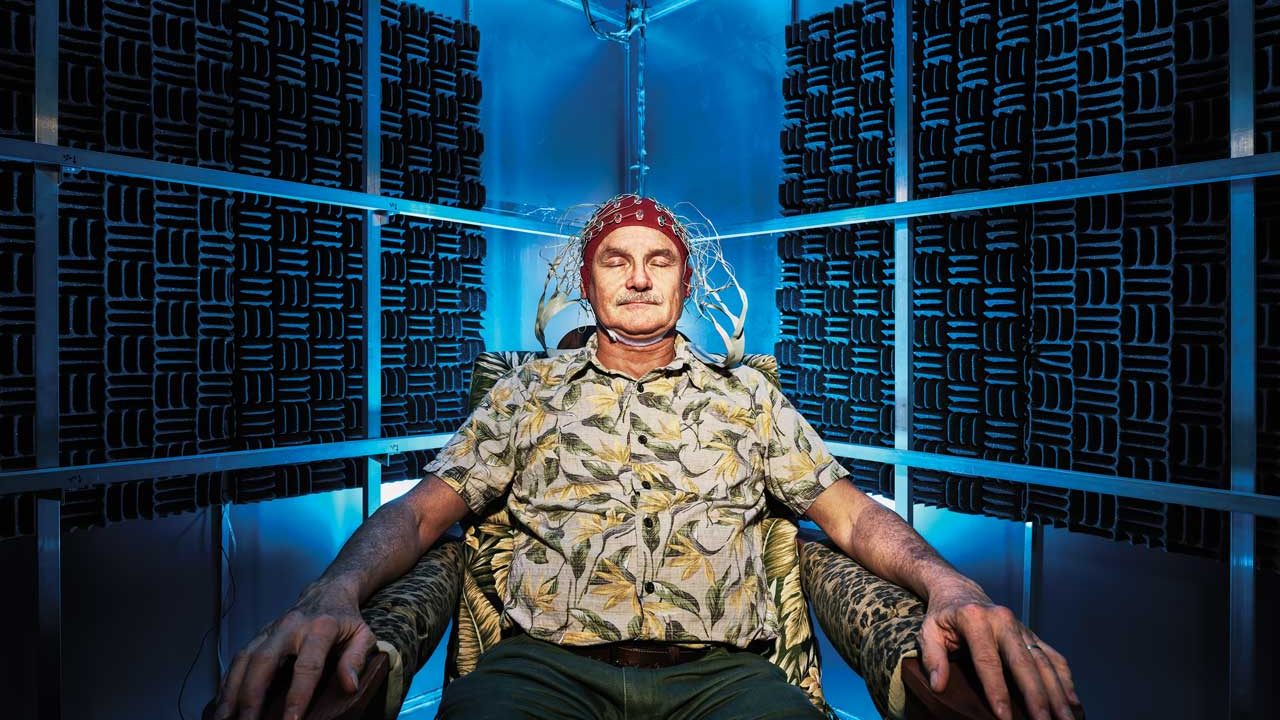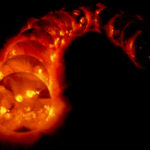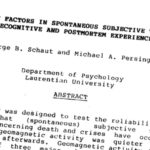Scientists Discover That Humans Can Sense Earth’s Magnetic Field
Researchers have discovered that humans can detect changes in Earth-strength magnetic fields.
Scientists from Caltech and The University of Tokyo have determined that many humans are able to unconsciously detect Earth’s magnetic field. The new study shows that human brain waves respond to changes in Earth-strength magnetic fields.
The research team led by geoscientist Joseph Kirschvink (BS, MS ’75) and neuroscientist Shin Shimojo at Caltech as well as neuroengineer Ayu Matani at the University of Tokyo suggest evidence that there is a new human sense they are calling magnetoreception.
Animals Tuned In
Their study is being published by the journal eNeuro on March 18. Geomagneticsense has been well studied by scientist as it is observed in migratory animals like birds and sea turtles. The sense assists their biological navigation system.
Despite the deep research into animals magnetoreception scientists have not yet been able to determine if humans also have this ability. “Aristotle described the five basic senses as including vision, hearing, taste, smell, and touch,” says Kirschvink, co-corresponding author of the eNeuro study and Nico and Marilyn Van Wingen Professor of Geobiology.
“However, he did not consider gravity, temperature, pain, balance, and several other internal stimuli that we now know are part of the human nervous system. Our animal ancestors argue that geomagnetic field sensors should also be there representing not the sixth sense but perhaps the 10th or 11th human sense to be discovered.”
Possibly More Senses To Be Discovered
The researchers used electroencephalography to record the brain activity of adult volunteers during magnetic field manipulations. Under carefully controlled experiments the researchers found a decrease in alpha-band brain activity in some participants. 34 human participants from a diverse background of ethnicities underwent the test.
During the session, the participants were not given any stimulus they simply sat in the dark, however, despite no knowledge or sign many had changes in their brain waves that correspond to the manipulated magnetic field around them.
“This is a classic, well-studied brain wave response to a sensory input, termed event-related desynchronization, or alpha-ERD,” says Shimojo, Gertrude Baltimore Professor of Experimental Psychology and affiliated faculty member of the Tianqiao and Chrissy Chen Institute for Neuroscience at Caltech.
Research Continues On Diverse Groups
The experiment was then replicated on participants that responded strongly, this second study confirmed that these responses were tuned to the magnetic field of the Northern Hemisphere.
“Alpha-ERD is a strong neural signature of sensory detection and the resulting attention shift. The fact that we see it in response to simple magnetic rotations like we experience when turning or shaking our head is powerful evidence for human magnetoreception. The large individual differences we found are also intriguing with regard to human evolution and the influences of modern life,” says Shimojo.
“As for the next step, we ought to try bringing this into conscious awareness.” The team will continue their work to include other diverse research groups. Further research may provide new ideas about how humans and individuals evolved to have this ancient sensory system.





